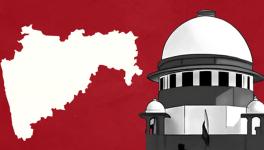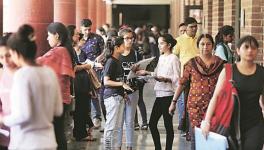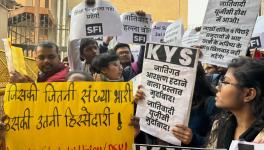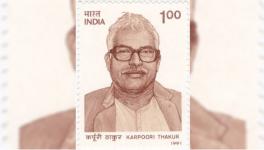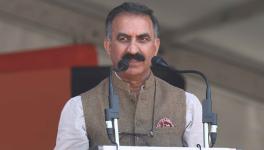Reservation for Students from Government Schools: how Madras HC Upheld the TN Law
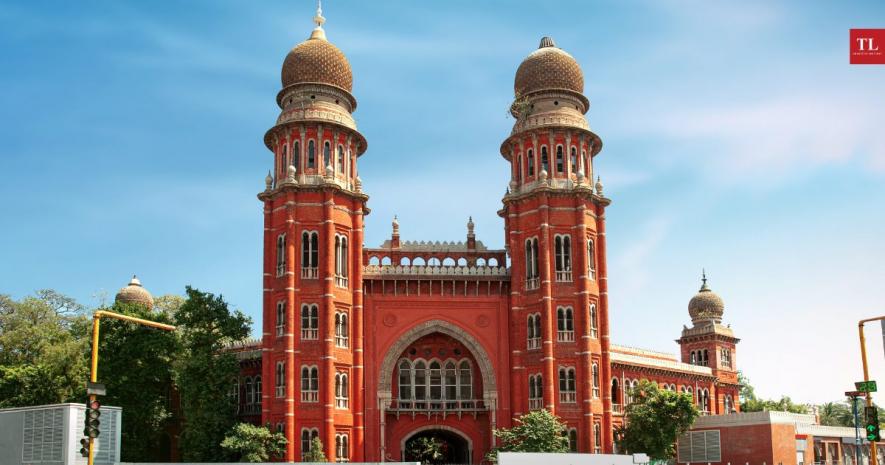
ON Thursday, the Madras High Court upheld the validity of 7.5 per cent reservation provided by the Tamil Nadu Government for students from government schools for admission to medical courses in the case of Ms. Preethika C (Minor) vs. State of Tamil Nadu & Ors.
The High Court directed the government to review the quota in five years and take steps to improve the standard of education imparted in government schools, so that the reservation may not further be extended beyond a period of five years.
A bench of Chief Justice Munishwar Nath Bhandari and Justice D. Bharatha Chakravarthy pronounced the judgment.
What was the issue of contention?
The petitioners challenged the Tamil Nadu Admission to Undergraduate Courses in Medicine, Dentistry, Indian Medicine and Homeopathy on preferential basis to students of Government Schools Act, 2020 as wholly unconstitutional and void ab initio for having provided 7.5 per cent preference/reservation to the students of government schools in admission to undergraduate medical/dental courses.
The Act grants a horizontal reservation of 7.5 per cent of seats in medical colleges for students who passed out from government schools.
The Act grants a horizontal reservation of 7.5 per cent of seats in medical colleges for students who passed out from government schools. Already, the vertical reservation in Tamil Nadu stands at 69 per cent (Scheduled Tribes – 1 per cent, Scheduled Castes [SC] – 18 per cent, Most Backward Classes – 20 per cent, and Backward Classes – 30 per cent). Besides, the state also has horizontal reservation for the Arunthatiyar community within the SC quota, and for Backward Class (Muslims) within the Backward Class quota.
Contentions of both sides
Although this exceeds the 50 per cent ceiling, fixed by the Supreme Court in Indra Sawhney vs. Union of India (1992), the Tamil Nadu government contends that it only applies to vertical reservations. The state government cited the Supreme Court’s judgment in Saurav Yadav and Others vs. the State of Uttar Pradesh (2020), in support of its contention.
The reason for enactment of the impugned Act was based on a report by a commission headed by Justice P. Kalaiyarasan, a retired Judge of the Madras High Court, in which the cognitive gap created by socio-economic factors was stated as the basis for providing reservation.
Also read: OBC Reservations: Investigating caste, backwardness and representation
The petitioners challenged the 7.5 per cent reservation on the following grounds:
(i) As only 18 per cent is now available for open category students, the same is unconstitutional;
(ii) When a common entrance test is provided for all the students, giving preference to the students of government schools, it amounts to discrimination and therefore, violates Article 14 of the Constitution;
(iii) Government school students cannot be classified as either a socially and educationally backward class under Article 15(4) of the Constitution or economically weaker section under Article 15(6) of the Constitution; therefore, giving preference to Government schools’ students is violative of Article 15 of the Constitution;
The High Court held that the principles of just expectation cannot be invoked when public interest demands a change of policy, which cannot be barred by invoking promissory estoppel.
(iv) As the petitioners were preparing hard for getting into medical courses, taking into consideration the already existing scheme of reservation, the impugned legislation violates the doctrine of legitimate expectation.
The state government, however, claimed that the students of government schools were socially, educationally and economically backward and therefore, the state government, finding the need to provide them equal opportunity to establish a level playing field, enacted the impugned Act, providing them 7.5 per cent reservation, which is permissible under Article 15(4) and Article 15(5) read with Article 46 of the Constitution.
Court’s decision and rationale
The High Court held that the principles of just expectation cannot be invoked when public interest demands a change of policy, which cannot be barred by invoking promissory estoppel. The High Court held that the impugned enactment only makes horizontal reservation across the various categories in respect of state government school students, that too by following the inter se NEET [National Eligibility cum Entrance Test] merit among them.
The High Court noted that the average annual income of the parents of a government school student is Rs 46,686, while that of a Central Board for Secondary Education student is Rs 4,69,413, and of Indian Certificate of Secondary Education student is 4,77,263. Besides, it noted that 83 per cent of fathers and 65 per cent of mothers of government school students are daily wage labourers.
The High Court relied on the Supreme Court’s recent judgment from earlier this year in Neil Aurelio Nunes & Ors. vs. Union of India & Ors., in which it was held that reservation is no longer an exception to the principles of equality contained in Article 14, but it is a facet of Article 14 itself. Therefore, the High Court held that the principle of substantive equality would justify the Act.
The High Court accepted the contention of the Tamil Nadu government that the impugned enactment is valid as a reservation for socially and economically backward class under Article 15(4) of the Constitution.
The High Court accepted the contention of the Tamil Nadu government, as submitted by its senior counsel, Kapil Sibal that the impugned enactment is valid as a reservation for socially and economically backward class under Article 15(4) of the Constitution. The High Court did not find it necessary to consider the alternative submission made by senior advocate, P. Wilson, for the state Education Department, that reservation/preference can otherwise be justified as institutional reservation or special preference under Article 15(1) of the Constitution.
Wilson, talking to The Leaflet, said: “The Government has the power to categorise sources of admission and give preferential admission. Such categorisation is on an intelligible differentia, which has nexus to the object sought to be achieved”.
Click here to view the Madras High Court’s judgment.
Get the latest reports & analysis with people's perspective on Protests, movements & deep analytical videos, discussions of the current affairs in your Telegram app. Subscribe to NewsClick's Telegram channel & get Real-Time updates on stories, as they get published on our website.









